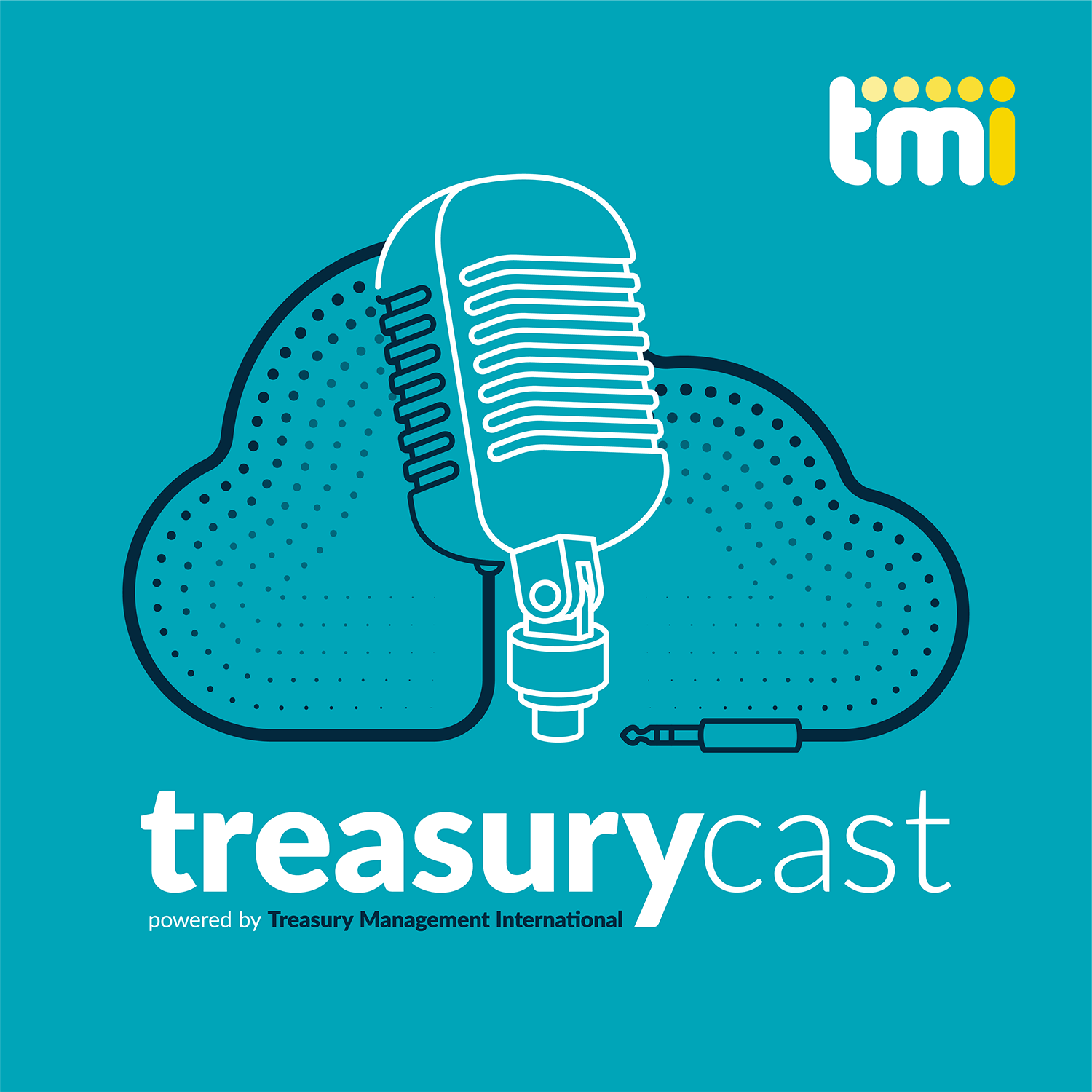By Aurélien Viry, Global Head of Payments and Cash Management at Societe Generale and Benoît Desserre, Head of Global Transaction Banking at Societe Generale
“GPI is a legitimate response from the banking industry to the problems corporate treasurers face in making global payments, namely timing, transparency and traceability”
Aurélien Viry, Global Head of Payments and Cash Management at Societe Generale
“What we see with GPI today is only the beginning. A further development of GPI could be the ability to recall payment transactions. At present, the recall of an incorrect transaction is time-consuming, inefficient and costly. Going forward, the GPI banks could collectively develop agreements for recall procedures that are fast and efficient.”
Benoît Desserre, Head of Global Transaction Banking at Societe Generale
- The SWIFT global payments innovation (GPI) service aims to respond to an increased demand from treasurers for speed, transparency and traceability in cross-border payments. Is the proposed service going far enough or is this just the beginning of a much longer journey? Which other pain points need to be tackled and how are banks responding?
- When the global payments innovation initiative becomes a reality for corporates, there will be a push for further innovation in global payments. GPI is all about timing, transparency and efficiency. We are at the beginning of a journey, which may lead to many new capabilities and a change in the way banks charge their clients for global payments.GPI is a legitimate response from the banking industry to the problems corporate treasurers face in making global payments, namely timing, transparency and traceability. In the past, treasury departments would make payments but didn’t know when a payment would reach the counterparty.
- GPI puts a time limit on that, with banks committed to ensure payment arrives within two hours. Going forward, it is likely to be less than two hours and may even evolve into instant payment. Transparency is addressed by GPI banks committing to inform treasurers of the fees that will be attached to any cross-border payment. This is a breakthrough as correspondent banking has a complex pricing structure, which depends on several factors. Often it is not clear which party to a transaction is imposing a fee, which can damage a bank’s relationship with its corporate client. Finally, traceability will enable corporates to discover where a payment is at any time and who is handling it. This is particularly useful if a client wishes to place another order for goods – knowing where the incoming payment from the receiver is will give the supplier more confidence to fulfil the subsequent order.
- A further development of GPI could be the ability to recall payment transactions. At present, the recall of an incorrect transaction is time-consuming, inefficient and costly. Going forward, the GPI banks could collectively develop agreements for recall procedures that are fast and efficient.
- The success of GPI will rest on getting the involvement of the key correspondent banks globally. Unless such participation is achieved, the traceability element of GPI will suffer. It is a sensitive issue for some correspondent banks, however. By participating in GPI, banks will to a certain extent reveal how much margin they make on correspondent banking. There are also technical issues. Some correspondent banks still process SWIFT payments manually and will be unable to commit to the two-hour time window in their service level agreements, let alone any shorter period. Participation in GPI for these banks will require significant investments in tools and systems.
- GPI has been developed at a time when corporate clients are demanding more sophisticated cash management services. Because the charging arrangements in cash management are complex, we may see the emergence of different pricing models for GPI. Some banks may offer GPI services for free, but other services will attract a charge. The pricing will depend on the type of client and the business it does with the bank. Given the capabilities GPI will deliver, it is likely that many corporate clients will pay for this new service as it addresses so many problems associated with global payments.
Follow Societe Generale’s latest SIBOS news and expert views on their dedicated website.





